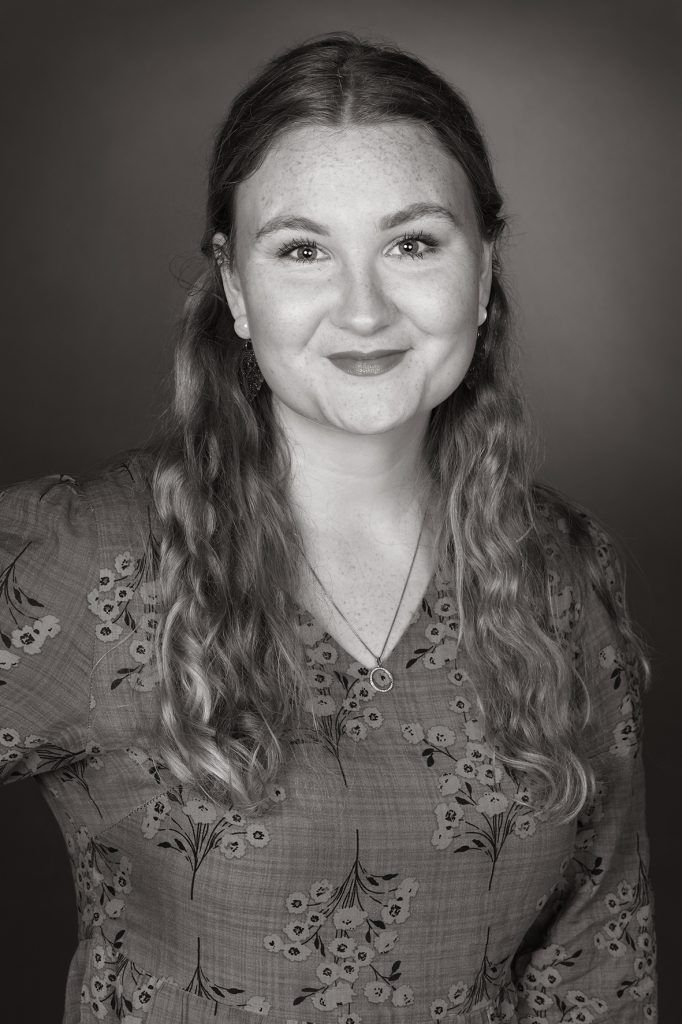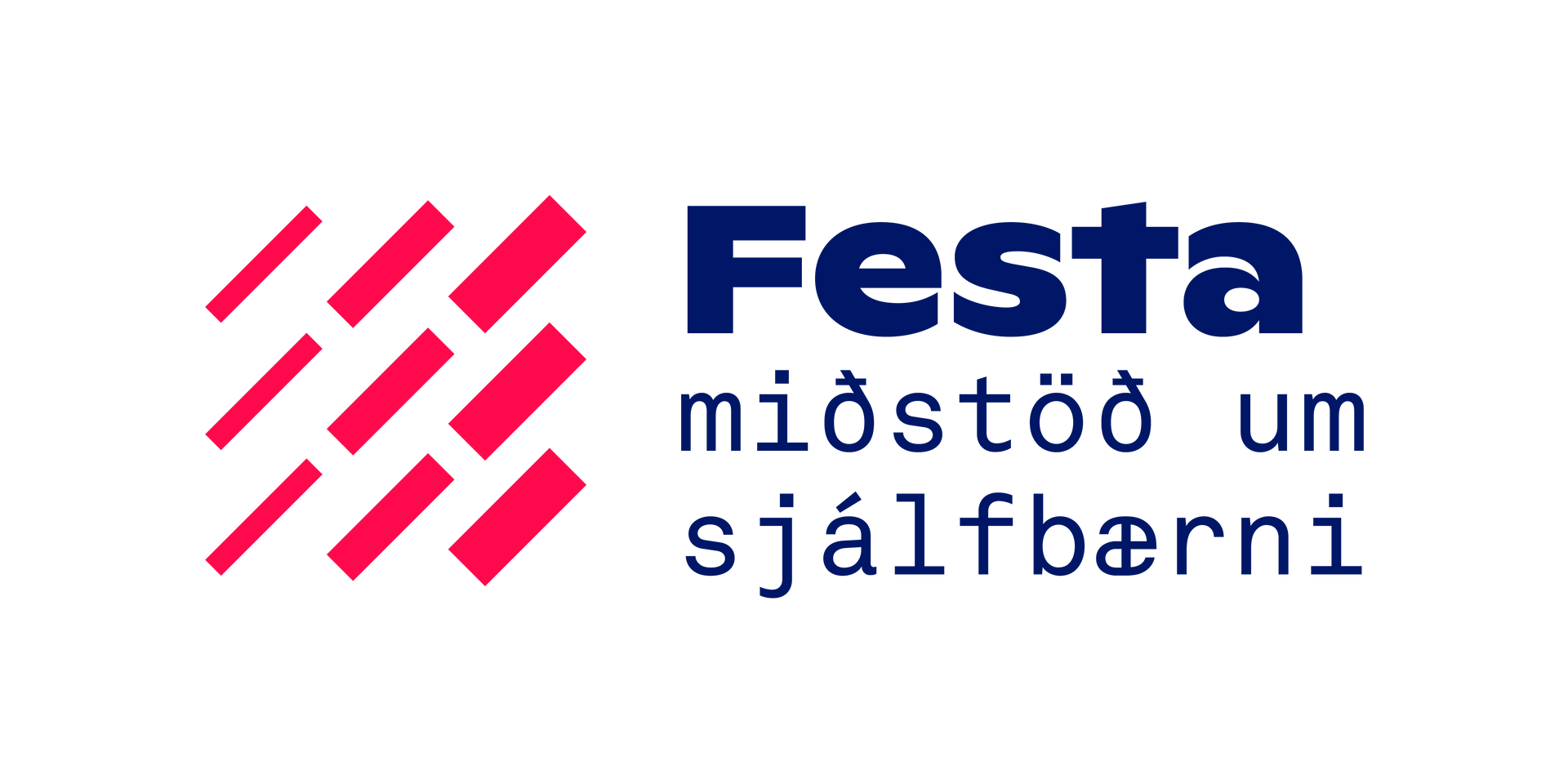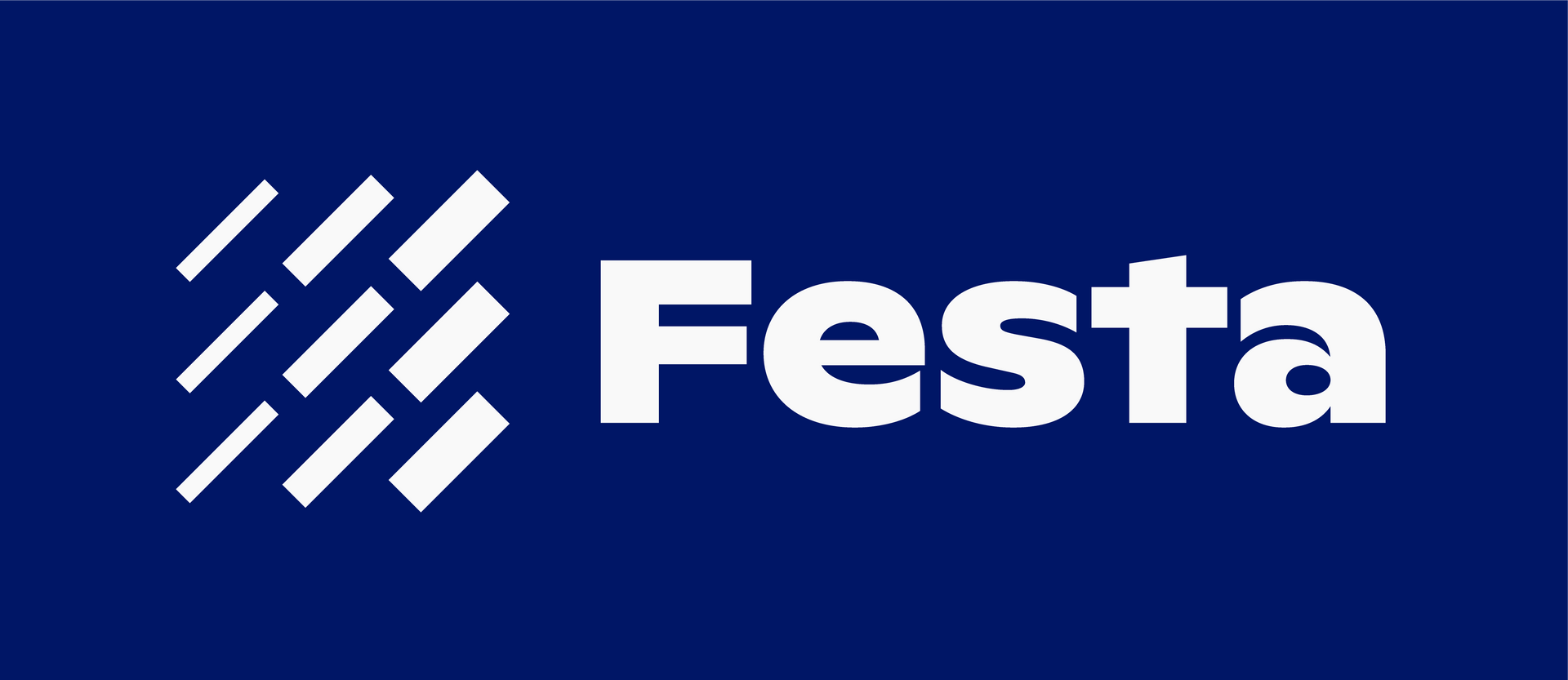Hello! This is the English version of our site, currently under construction. Please excuse any errors or glitches as we work on making things better.
29. mars 2023
Let's not leave it out - attached article

Aðalbjörg Egilsdóttir
We all know how important it is to deal with climate change, and no less here at home than in the rest of the world. Of course, companies are not excluded here, as the Festu community knows well, and this applies to companies of all sizes and types. However, it often seems that a large part of companies are forgotten in this discussion, the small and medium-sized companies. These companies make up about 90% of the world's companies and are responsible for a large amount of greenhouse gas emissions, even though each of them may have a small responsibility compared to the giants at home or abroad.
Þessi fyrirtæki eru með frekar fátt starfsfólk, og hafa í fæstum tilvikum bolmagn eða fjármagn til að ráða inn sérfræðinga í umhverfis- eða sjálfbærnimálum eins og mörg stærri fyrirtæki hafa gert á síðustu árum og áratugum. Í þokkabót hafa stjórnendur fyrirtækjanna oftast ekki tíma til að sökkva sér í þessi mál, en í mörgum tilfellum sinna þeir starfi framkvæmdastjóra, innkaupastjóra, verslunarstjóra og mannauðsstjóra, allt í einu. Þetta gerir það að verkum að umhverfis- og sjálfbærnimálin standa oftast á hakanum, nema að einhver innan fyrirtækisins hafi sérstakan áhuga á þeim málum og taki þau á herðar sér, ofan á almenn störf.
When that chosen person within the company, who is interested in environmental and sustainability issues, is looking for what the company can do better, they will likely find themselves in a deep hole of regulations, standards, accounting and other, most of which are not designed for the small or medium-sized company which she works for, but for a much larger company. The UFS, NFRD, the global goals for companies, standards for carbon offsets and more are not implemented in a way that is accessible to smaller companies, especially not if they want to take sustainability issues seriously and properly comply with what is required. Both often require information that they simply cannot obtain, or the cost is so high that the company cannot afford it. In many cases, difficult to understand technical language is used in standards or guidelines so that it is only for professionals to understand. Many, understandably, give up.
Because of all this, small and medium-sized companies often find it difficult to take care of environmental and sustainability issues in a responsible manner and to deliver information about their journey clearly to consumers and other stakeholders. We are then talking about the fact that 90% of companies, many of which want to contribute, are actually kept from the sustainability competition we are all in because the standards and guidelines are not adapted to them. The process is too complicated and too costly, and the end point is that we make much less progress than we could otherwise make.
Fortunately, this is changing. A new regulation on sustainability information, the CSRD (Corporate Sustainability Reporting Directive), which will replace the NFRD (Non-Financial Reporting Directive) in sustainability reporting from 2024, has been adapted to some extent for SMEs, and will be mandatory for all registered companies, also small and medium-sized, to meet the requirements. However, we must start the preparations immediately if we want to ensure that Icelandic companies, of all sizes and types, can meet the requirements stated there. Small and medium-sized companies must start preparing for a changed playing field as soon as possible in order not to miss the train. They cannot do it separately, but must work together and seek appropriate help.
Þetta verður flókið og erfitt, það er ekki spurning, en með samvinnu getum við gert þetta aðeins auðveldara. Það sem skiptir mestu máli er að við höldum alltaf áfram að reyna að bæta okkur, fáum fleiri með okkur í sjálfbærnivegferðina og missum ekki móðinn. Í dag eru ýmsar lausnir í boði, og við hjá Laufinu hlökkum til að að vera hluti af því að byggja upp sjálfbært atvinnulíf þar sem enginn er skilinn eftir. Það er ýmislegt undir, og alls ekki tími til að gefast upp. Hefjum vegferðina, höldum galvösk áfram og gerum heiminn að betri stað.
The author, Aðalbjörg Egilsdóttir, is in charge of the educational affairs of Lauf, which is a member of Festa




